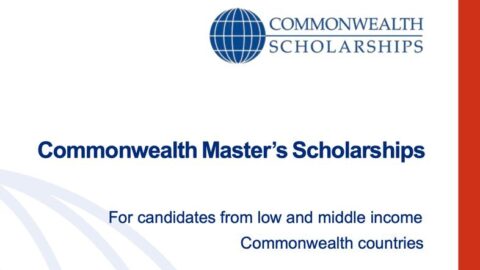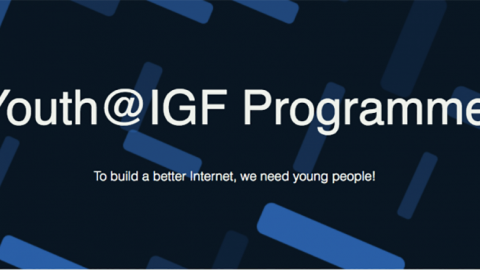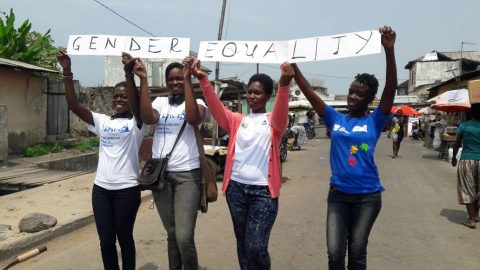The African Youth Charter defines youth as persons between 15 and 35 years old. According to Nigeria’s 2020 National Youth Policy Report, Nigeria has a large youthful population; about 45.46% is between the ages of 15 -35 years, given an estimated total population of about 209.6 million in 2021 (1). This means that Nigeria has a large and vibrant youth population that can contribute to the country’s social, economic, and political development. Nigerian youths face many challenges that hinder them from attaining their full potential and desired well-being. Some of these challenges include poverty, unemployment, youth unemployability, illiteracy, insecurity, corruption, violence, drug abuse, gender inequality, and lack of access to quality education, health care, and social services. The weak governance and accountability systems, the low level of youth involvement in decision-making processes, and the inadequate implementation of existing policies and programs on youth development exacerbate these challenges.
The FCT, as the capital city of Nigeria, reflects both the opportunities and challenges Nigerian youths face. As of 2022, The FCT has a population of 3,067,500 (2) and attracts young people from different parts of the country and beyond who come searching for education, employment, and better living conditions or what some call “greener pastures.” In recent times, the reality has been that youth employment and access to opportunities have been seriously reduced due to increasing insecurity, urban congestion, environmental pollution, poor infrastructure, social exclusion, and limited youth participation and empowerment opportunities. All of these and more currently affect the quality of life and the prospects of youth development in the FCT. There is a need to address these problems and create an enabling environment for youth development in the FCT.
One of the ways to address these problems is to ensure the availability of a template or a framework or policy through which all stakeholders should address developmental challenges facing young people in FCT. To achieve this, it is important to review the existing policies, frameworks, and commitments on
youth development in the FCT, and identify the gaps and opportunities for improvement. This will provide a basis for developing a draft youth development policy and a five-year action plan for the FCT. The policy and plan will articulate the vision, goals, objectives, strategies, and actions for promoting and enhancing youth development in the FCT. The draft policy and action plan will also align with the national and international frameworks and standards on youth development, such as the 2020 National Youth Policy of Nigeria, the African Youth Charter, the Sustainable Development Goals, and the African Union
Agenda 2063.
Scope Of Work
To conduct a baseline study of existing policies, frameworks, and commitments on youth development in FCT and develop a comprehensive report.
Key Deliverables
- A comprehensive report of a research/assessment of the baseline study
Delivery Date:
The consultancy period will run from Monday till the end of the month. The consultant is expected to submit a first draft report on or before the 31st of May
Duration: This baseline study will run for a period of 9 days
Qualification:
- At least 8 years of experience in policy formulation, analysis, and implementation.
- Strong research skills, including gathering, interpreting, and synthesizing data from various sources.
- Proficiency in using qualitative and quantitative research methods.
- Someone with a strong social/professional network and has his/her way with government officials/offices for easy access to information within government institutions.
Interested candidates should send an expression of Interest no later than Monday 20 May 2024, to apply@youthhubafrica.org with “Policy Expert” as the subject.
Deadline: May 20, 2024








